Trump’s Comeback? The Chinese Aren’t Surprised
The 2024 U.S. election has captured global attention, with the National Guard on high alert and citizens rushing to stockpile firearms. On November 6, the results are finally in: Trump wins, and the Republican party is poised to take control of both the Senate and the House. Trump’s back is a once-in-a-century event in American history. Pre-election polls indicated that nearly 60% of voters believed that no matter who wins, the U.S. would remain deeply divided. Despite the results being clear, the intensity and drama surrounding this election are far from over. Trump’s back will bring a highly uncertain future for the United States, with potential effects of instability across the world.
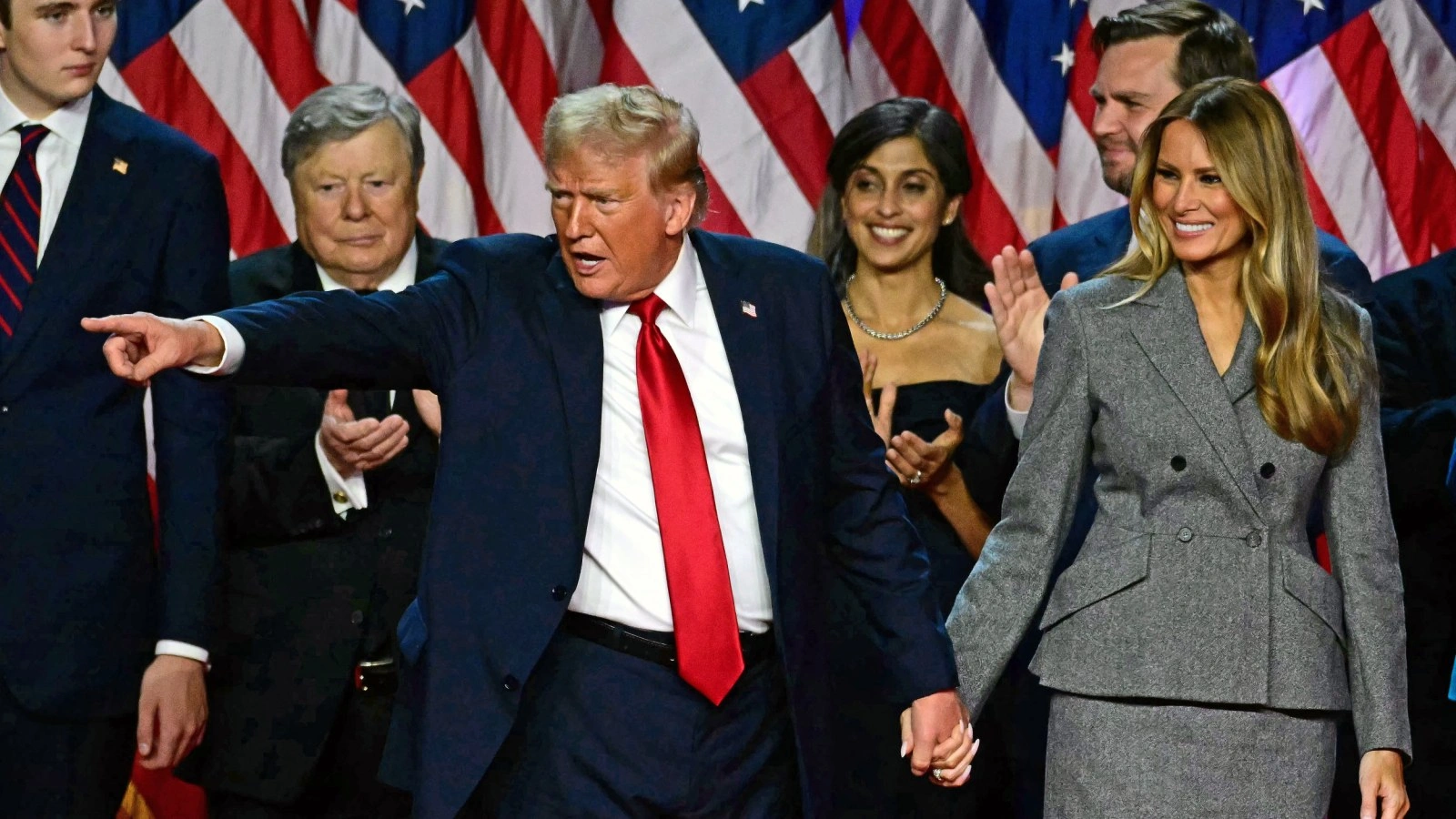
It’s not just American voters who are deeply immersed in this political spectacle. Allies of the U.S., grappling with mixed emotions, now face their own set of dilemmas. EU nations must figure out how to navigate relations with Trump, while Ukraine worries about the potential reduction in U.S. military aid. Interestingly, the Global South appears relatively detached. In particular, most of the Chinese have already got a front row seat to this drama, watching with amusement—a stark contrast to the situation of Trump’s first campaign eight years ago. The shift of people’s mindset underscores a growing detachment between U.S. politics and the interests of Global South nations.
Back in 2016, Trump’s victory not only caught the Chinese but the world flat-footed. First, few expected him to win—many thought his campaign was a joke. Second, no one was prepared for his unconventional tactics, including launching a trade war against China that hurt both sides and cracking down on Chinese tech companies. The Biden administration didn’t reverse Trump’s policies against China. Conversely, they intensified in some areas. In response, China quickly regained its footing and took countermeasures. By now, many Chinese have adopted the view that “it doesn’t matter who is president in the United States; they’re all the same,” marking a more mature and resilient attitude toward the U.S.
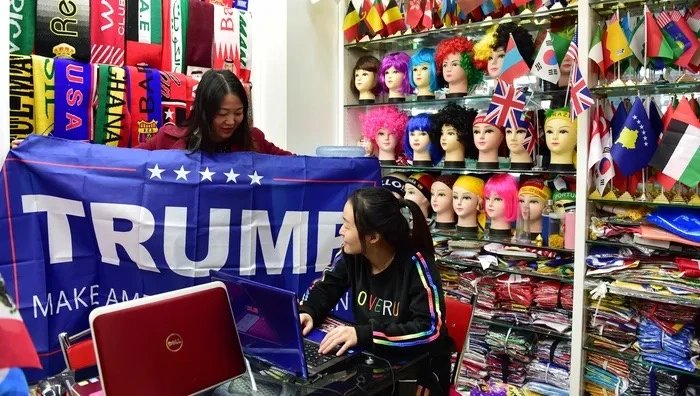 This year, Yiwu merchants, who produced large quantities of products for the 2020 election, have taken a much more indifferent stance toward the U.S. election.
This year, Yiwu merchants, who produced large quantities of products for the 2020 election, have taken a much more indifferent stance toward the U.S. election.
The trade war, far from crippling China, failed to deliver the promised benefits to the U.S. Instead, it inflicted damage on U.S. interests, manifesting in various ways. For instance, Huawei, the Chinese tech giant subjected to near-total suppression by the U.S., not only survived but is now making a strong comeback. Meanwhile, after six years of tariffs, export controls, and financial sanctions aimed at China, it’s no longer just a matter of these measures failing—they’ve backfired. As Bloomberg recently noted, during this period, China has secured global leadership in five critical technology sectors: drones, solar panels, graphene, high-speed rail, and electric vehicles powered by lithium batteries. Meanwhile, it is rapidly catching up in seven other critical areas. In other words, the sectors most heavily targeted by U.S. restrictions have instead become the fastest-growing and most innovative in China’s development.
 A Xiaomi SU7 Ultra prototype vehicle set a time of 6:46.87 minutes at the Nürburgring Nordschleife.
A Xiaomi SU7 Ultra prototype vehicle set a time of 6:46.87 minutes at the Nürburgring Nordschleife.
Looking ahead, we hope that if Trump returns to the White House, he will have learned from past mistakes and will engage with China based on the principles of mutual respect, peaceful coexistence, and win-win cooperation. However, if he doesn’t, it’s no big deal.
During his campaign, Trump threatened to impose the “highest tariffs in history” on imports—a warning that barely caused a ripple in Chinese society. This is not only because the Chinese have grown immune to such rhetoric, seeing through Trump’s limited playbook, but also because China has developed ample strategies and tools to counteract these moves.
As the saying goes, “we will roll with punches.” Having shed illusions about the U.S., the Chinese now see a broader horizon. Even if America builds its “small yard with high walls,” the vast world beyond offers plenty of opportunities for China and other Global South nations to explore and advance.
On the same day as the U.S. election, the 7th China International Import Expo (CIIE) opened in Shanghai. In October, China’s manufacturing PMI returned to expansion territory. Meanwhile, the J-35A fighter jet and other cutting-edge military assets are set to debut at the Zhuhai Airshow. Prior to that, the Rocket Force successfully launched an intercontinental missile, and the Eastern Theater Command demonstrated China’s resolve to achieve reunification through military exercises in the Taiwan Strait. These underscore the confidence behind China’s calm in this year’s U.S. election.
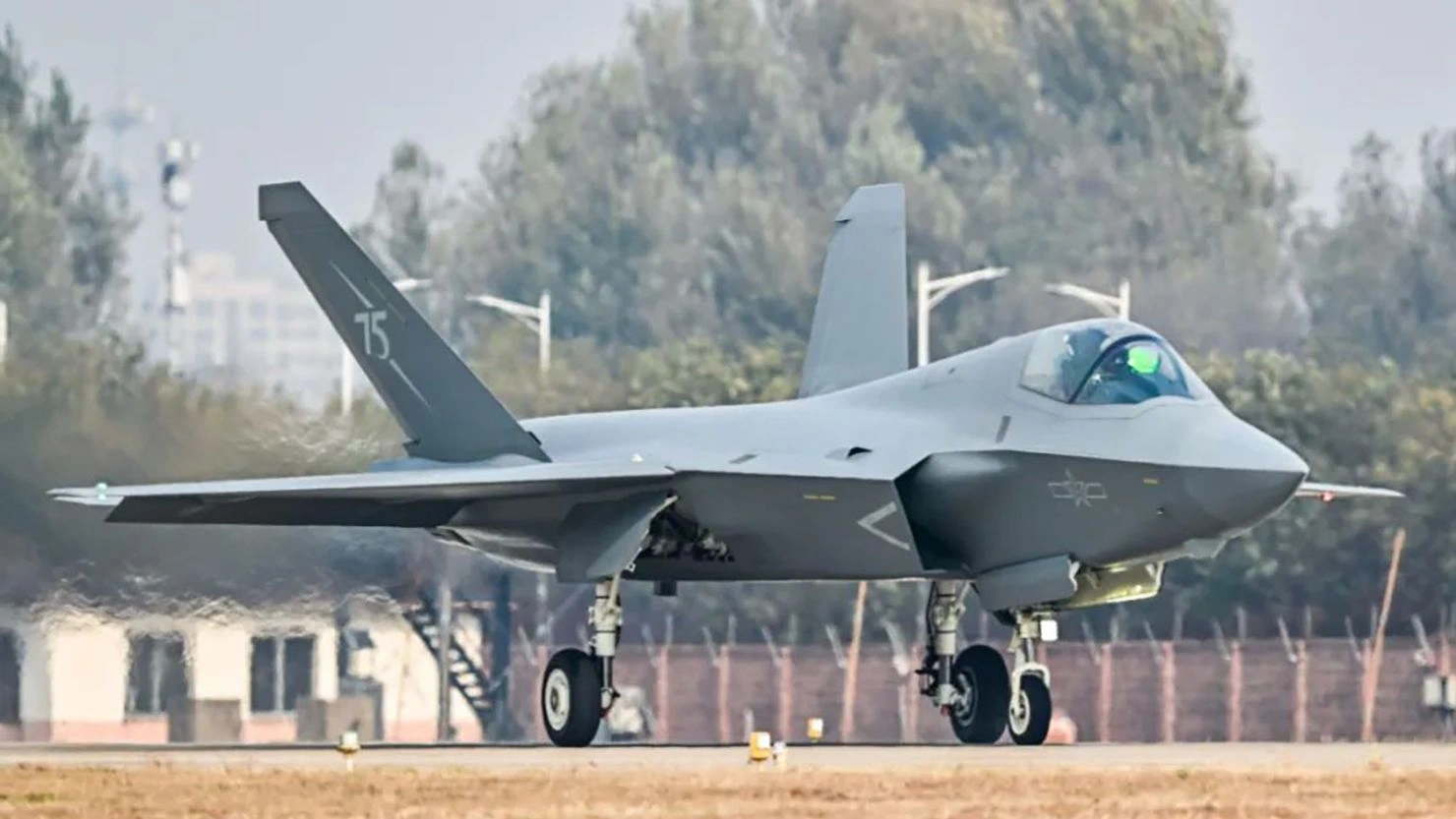 China’s J-35A stealth fighter jet made its debut at the Zhuhai Airshow
China’s J-35A stealth fighter jet made its debut at the Zhuhai Airshow
For years, U.S. elections have served as a window for Chinese people to observe “American democracy” and reflect on their own system. Initially, curiosity dominated, with some even harboring a hint of admiration. But after a series of chaotic elections, the mystique of “American democracy” have significantly faded. The Chinese have seen through the façade of so called “democracy.” Ironically, some American elites now grapple with a complex mix of emotions: a sense of shame, fearing they’ve become the butt of China’s jokes; a sense of loss, fearing China is taking advantage of them; and a growing anxiety, fearing China’s rapid rise. These emotions have twisted America’s overall perception of China.
Back in August 1949, Chairman Mao wrote in Farewell, Leighton Stuart: “So what if we face some difficulties? Let them blockade us for several years, and we’ll solve all our problems.” If such confidence existed in China’s early years, how much more justified is it in today’s China? Chinese netizens once humorously nicknamed Trump “Chuan Jianguo” (“Trump the Nation-Builder”), blending humor with a sense of detachment. Perhaps it’s time we genuinely appreciate Trump. His presidency has significantly awakened China’s sense of vigilance during peaceful times, strengthening the nation’s resolve and capacity for self-reliance and innovation in critical areas.
Bring it on, Mr.Trump.



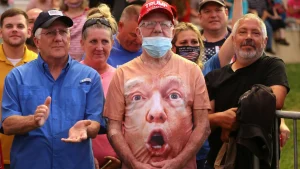
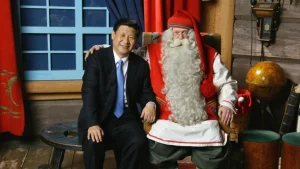
Anonymous
We shouldn’t ignore the 60% tariff threat, it would cripple many chinese businesses as well as hurt many american businesses and drastically raise prices for american consumers. I really hope he doesnt do it.
Anonymous
I would echo the battle cry of this trump era”Bring it on US”